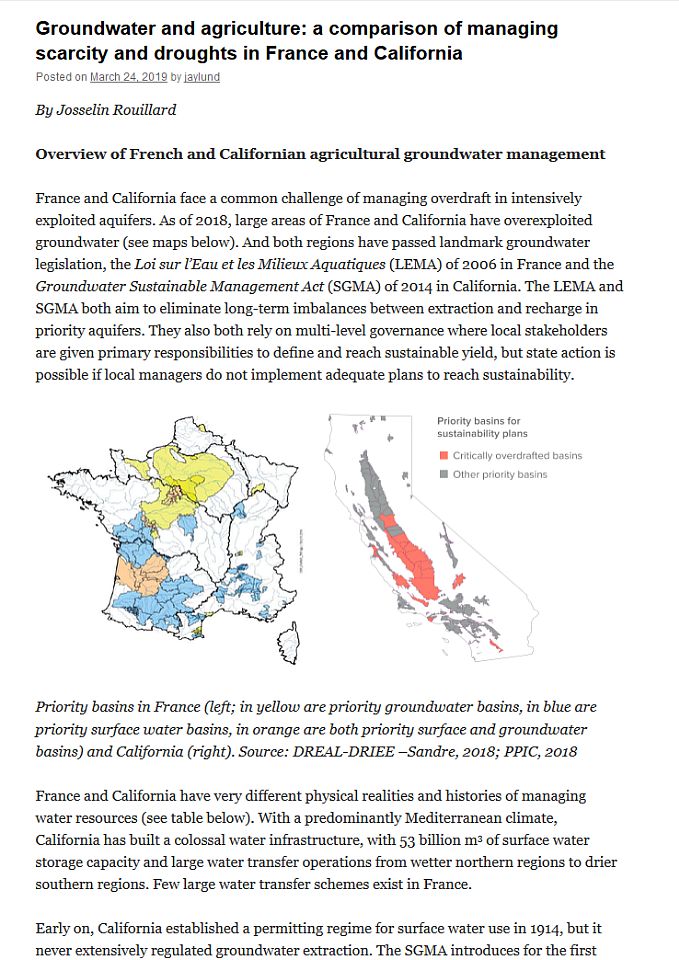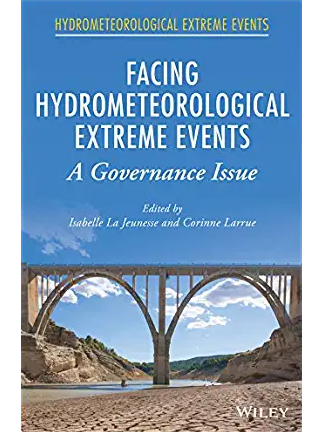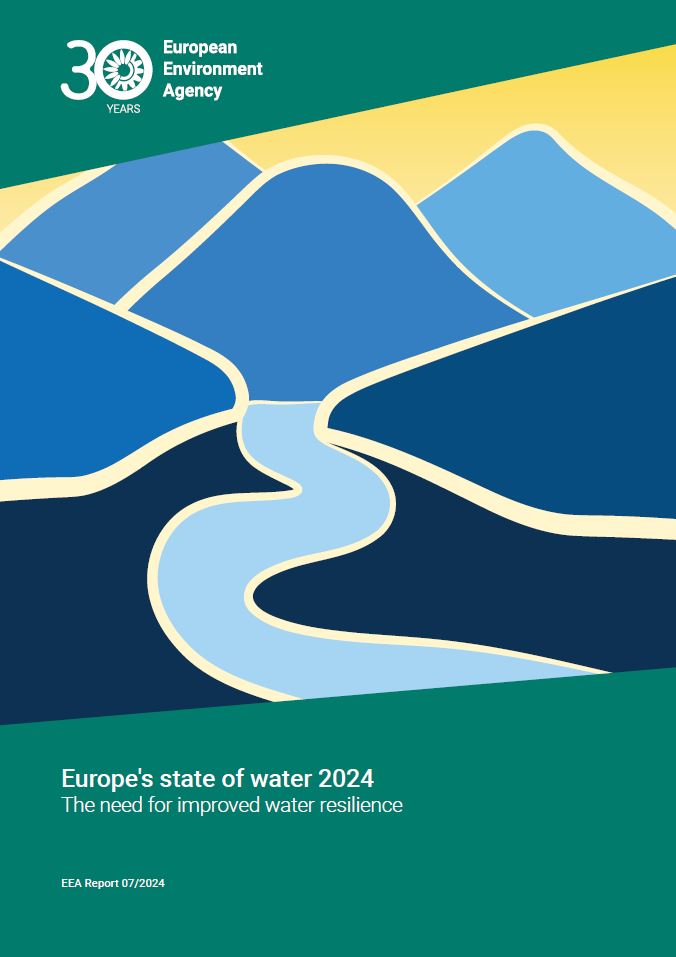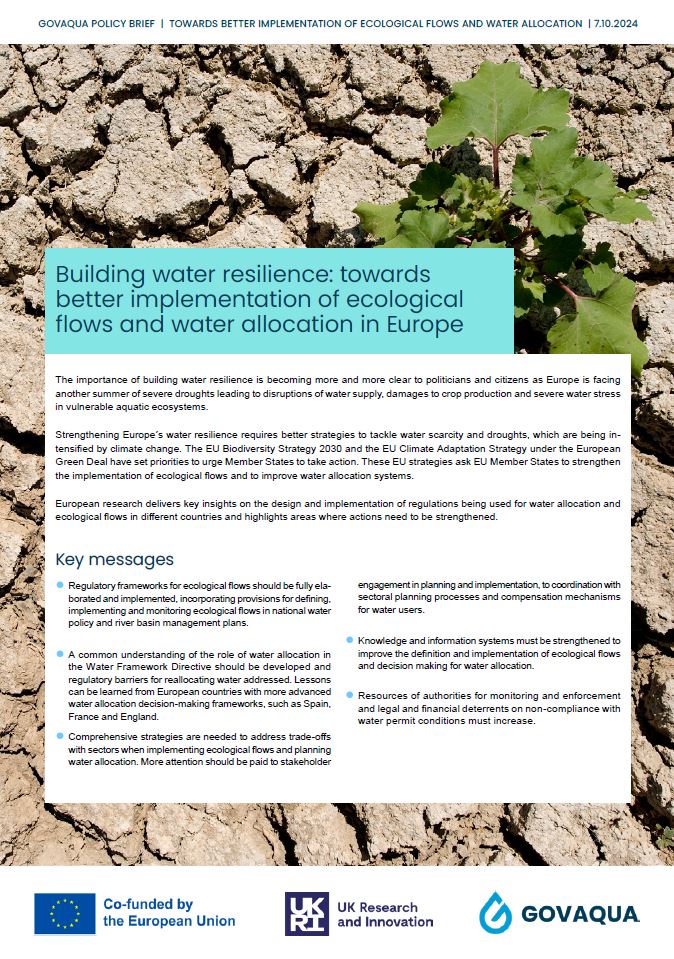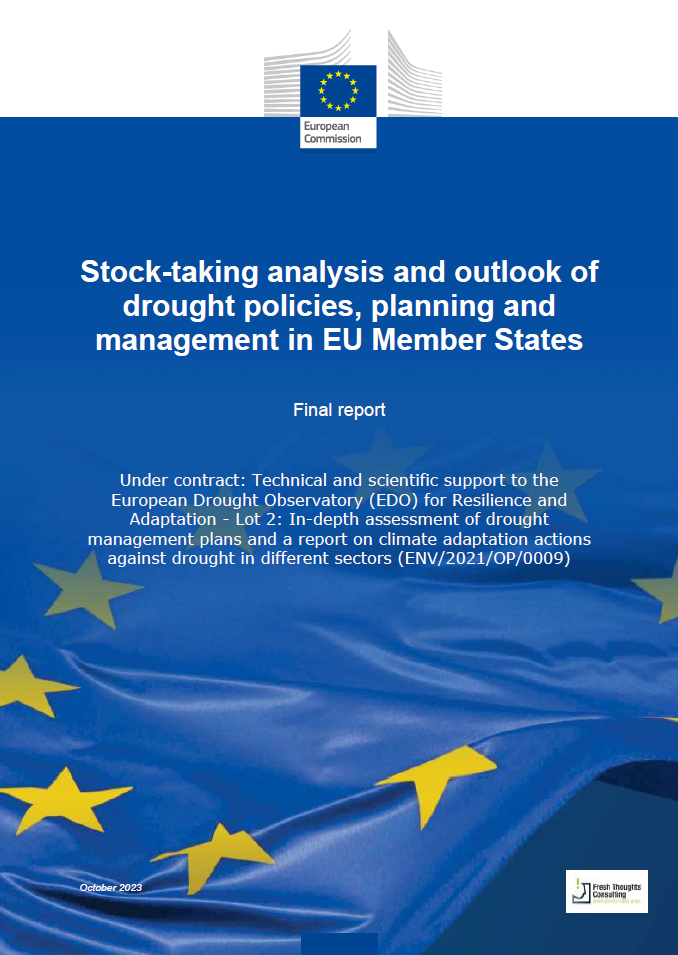Image by Karolina Grabowska from Pixabay
The effects of climate change on the water balance are clearly noticeable. Increasing droughts, changing precipitation patterns and falling groundwater levels are leading to conflicts of use between agriculture, industry, energy supply and drinking water supply. To meet these challenges, the German National Water Strategy (NWS) was launched in 2023. Its aim is to secure the water supply in the long term, reduce conflicts of use and ensure the fair distribution of this vital resource.
Project objectives and methodological approach
The aim of the project is to support German federal and state activities in the development of guidelines for dealing with water scarcity. The focus is on two aspects: the management of acute water scarcity and the strategic, forward-looking authorization of water withdrawals. By analyzing the legal framework, data and forecasts, scientifically sound indicators and prioritization approaches are developed. Special emphasis is placed on the involvement of relevant stakeholders in order to ensure acceptance and practicability.
The path to sustainable water use
The results of the project are recorded in the form of discussion papers, handouts and results reports. Expert discussions and dialogue events ensure that the perspectives of different groups are taken into account. In this way, a well-founded orientation framework is created, which should enable fair and sustainable water distribution in times of scarcity.





